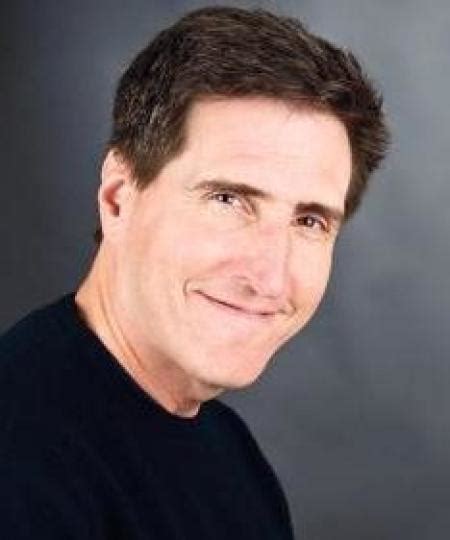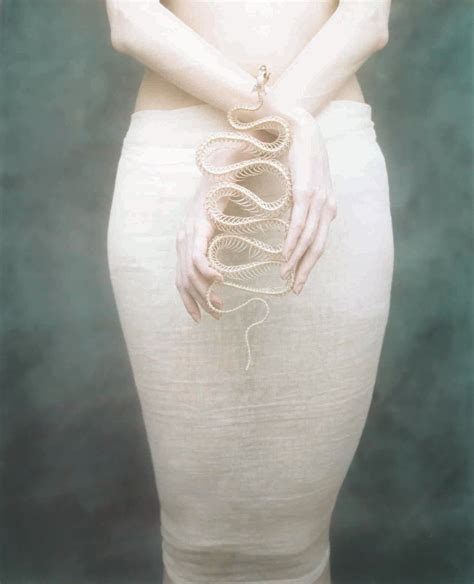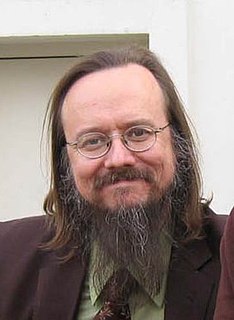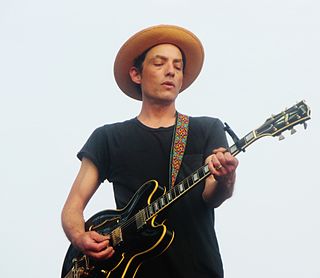A Quote by Per Petterson
To tell you the truth, I don't edit much at all. Most times, when I have finished the first draft, that's the book. Of course, I work on the page I am on until I am happy with it. I might even say that I try to state the landscape.
Related Quotes
When you realize how hard it is to know the truth about yourself, you understand that even the most exhaustive and well-meaning autobiography, determined to tell the truth, represents, at best, a guess. There have been times in my life when I felt incredibly happy. Life was full. I seemed productive. Then I thought,"Am I really happy or am I merely masking a deep depression with frantic activity?" If I don't know such basic things about myself, who does?
Almost all good writing begins with terrible first efforts. You need to start somewhere. Start by getting something-anything-down on paper. A friend of mine says that the first draft is the down draft-you just get it down. The second draft is the up draft-you fix it up. You try to say what you have to say more accurately. And the third draft is the dental draft, where you check every tooth, to see if it's loose or cramped or decayed, or even, God help us, healthy.
I work sometimes from outlines, which are immediately abandoned. Sometimes, when I'm trying to find the characters, I'll sketch things out a bit. Sometimes, outlines help me aim a little bit, but I tend to find it's usually much more interesting, especially with the first draft, to spew it onto the page. I used to get very nervous that, if I write this first rough draft and I die that night, whoever finds it might think that I thought it was good. For me, it's much more important to get some general shape onto the page and later take all the time I need to refine it, fix it, and rewrite it.
Some writers find that they don't know their themes until they've finished the first draft (I am one). They then rewrite with an eye toward balancing on that tightrope: not too contrived, not too rambling; does what I'm saying about the world below me actually add up to anything? Other writers pay attention to these things as they write the first draft. Either way, an awareness of the macro and micro levels of theme can provide one more tool for thinking about what you should write, and how.






































